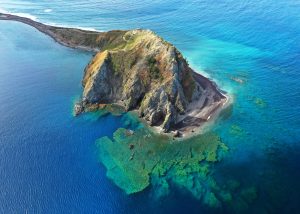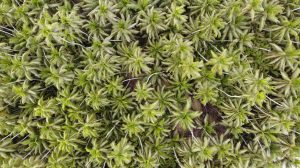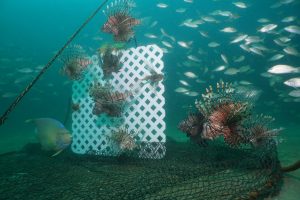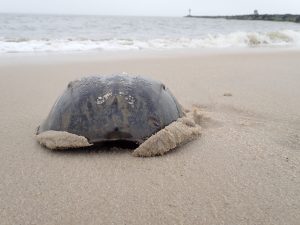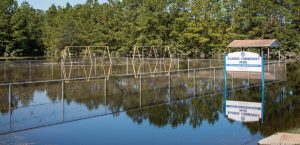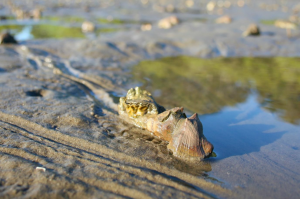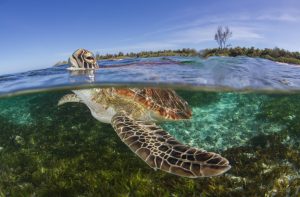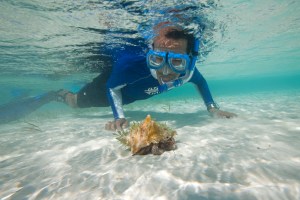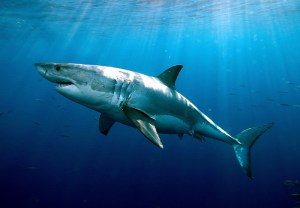Discover stories in Oceans
Mapping the Way to Better Conservation in the Caribbean
For the first time, scientists have mapped all the shallow underwater habitats across 30 Caribbean countries and territories.
From Palmyra to the Pacific: Realigning a Rainforest
Getting rid of the rats on Palmyra was only the beginning.
Fish Fence: Yard Décor Becomes Lionfish Control
Lattice fencing offers a new hope in controlling the lionfish invasion.
How Do You Count Sharks When You Can’t See Them?
Scientists are studying coastal shark communities around coral reefs by looking at what the animals leave behind: pieces of their skin.
The Weird, Wondrous and Vulnerable American Horseshoe Crab
Can the horseshoe crab, an animal that has survived largely unchanged for 450 million years, continue its remarkable record of longevity in a world dominated by humans? Maybe. Maybe not.
Science for Evaluating Flood Risk + Improving Community Resilience
A new study examines flooding from Hurricanes Matthew and Florence and finds current hazard maps are inadequate for accurately assessing flood risks and protecting communities in North Carolina.
How Hitchhiking Oysters Build New Reefs
In Australia, juvenile oysters hitch rides on mud whelks, subjecting them to a slow-motion death by starvation. Killer oysters. Sort of.
Debt Conversions Can Advance Marine Conservation
Refinancing national debt can be a powerful tool for conservation.
Tiger Sharks Feast on Songbirds. Yes, Songbirds.
The bird at your feeder might end up in a shark’s stomach. Seriously.
Biodiversity Conservation in the Age of Climate Change
An international team of researchers argues that the twin goals of climate change adaptation and biodiversity conservation must become the combined foundation of marine management and ocean conservation efforts.
Recovery: The Seal and Shark Invasion
Gray seals and great white sharks are rebounding in the Northeast U.S., but not everyone’s happy.
Planning for the Future in a Warming Ocean
As climate change makes natural systems more unpredictable, the past is no longer a reliable predictor of the future
